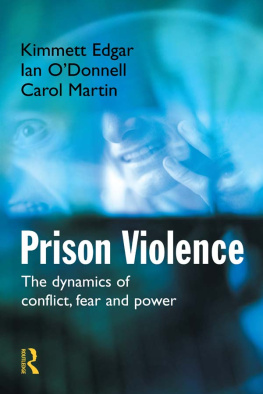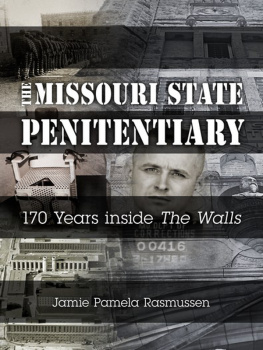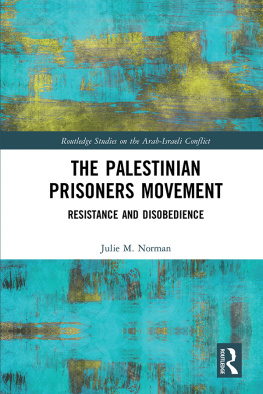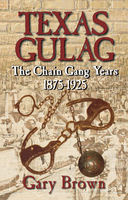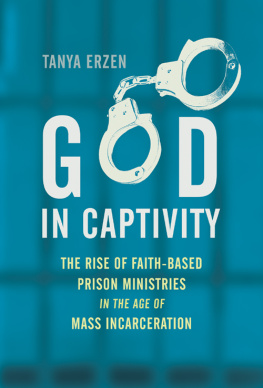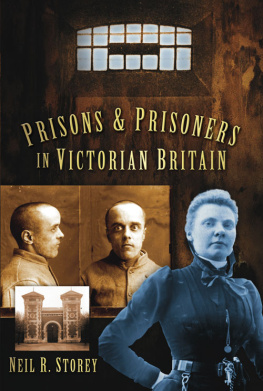Contents
Guide
Pagebreaks of the print version
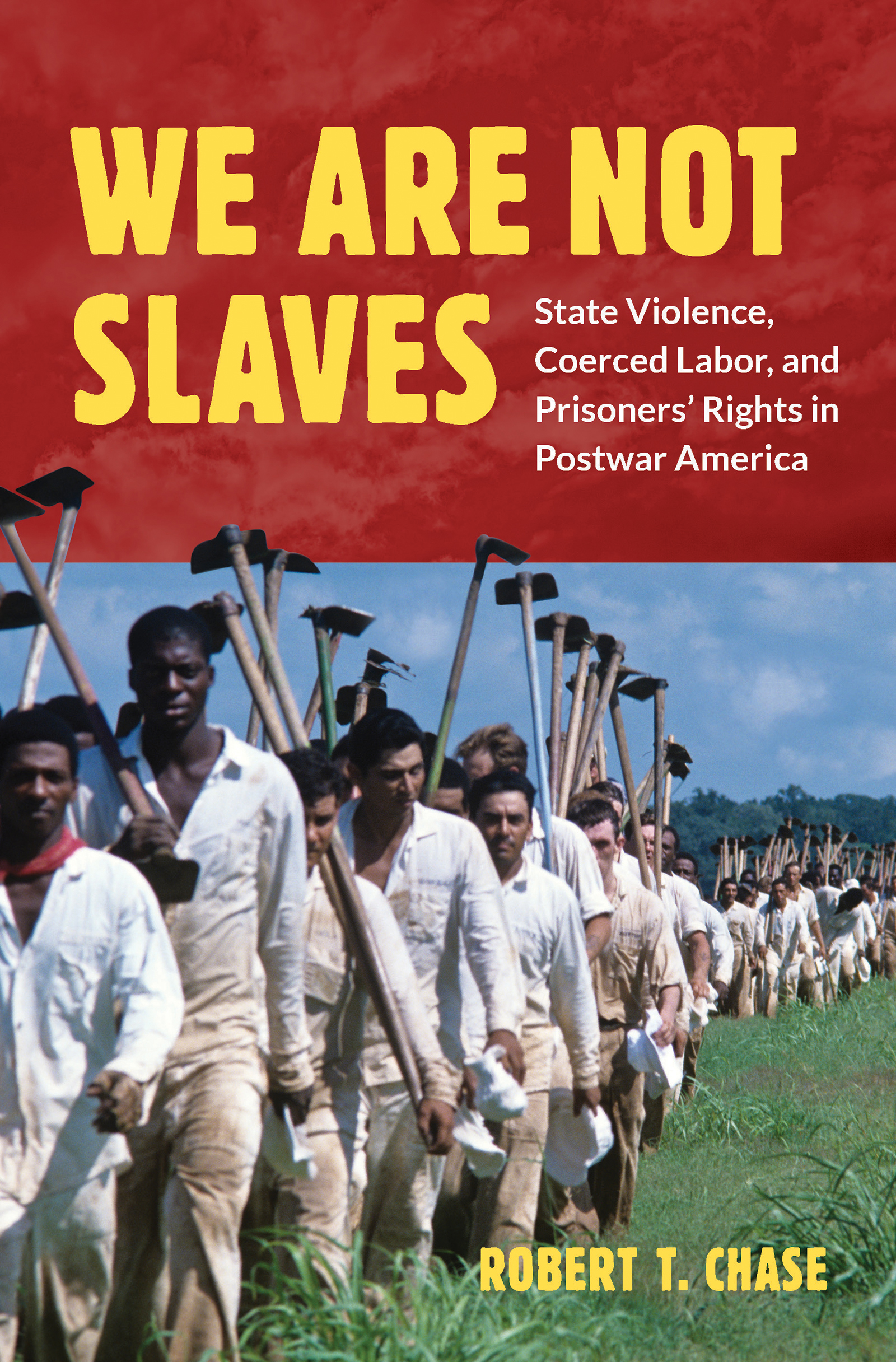
We Are Not Slaves
Justice, Power, and Politics
COEDITORS
Heather Ann Thompson
Rhonda Y. Williams
EDITORIAL ADVISORY BOARD
Peniel E. Joseph
Daryl Maeda
Barbara Ransby
Vicki L. Ruiz
Marc Stein
The Justice, Power, and Politics series publishes new works in history that explore the myriad struggles for justice, battles for power, and shifts in politics that have shaped the United States over time. Through the lenses of justice, power, and politics, the series seeks to broaden scholarly debates about Americas past as well as to inform public discussions about its future.
More information on the series, including a complete list of books published, is available at http://justicepowerandpolitics.com/.
We Are Not Slaves
State Violence, Coerced Labor, and Prisoners Rights in Postwar America
ROBERT T. CHASE
The University of North Carolina Press
Chapel Hill
The publication of this book was supported in part by a generous grant from the William R. Kenan Jr. Charitable Trust. This book was also published in association with the William P. Clements Center for Southwest Studies at Southern Methodist University by the University of North Carolina Press.
2020 Robert T. Chase
All rights reserved
Set in Adobe Text Pro by Westchester Publishing Services
Manufactured in the United States of America
The University of North Carolina Press has been a member of the Green Press Initiative since 2003.
Library of Congress Cataloging-in-Publication Data
Names: Chase, Robert T., author.
Title: We are not slaves : state violence, coerced labor, and prisoners rights in postwar America / Robert T. Chase.
Other titles: Justice, power, and politics.
Description: Chapel Hill : University of North Carolina Press, 2020. | Series: Justice, Power, and Politics | Includes bibliographical references and index.
Identifiers: LCCN 2019019416 | ISBN 9781469653570 (cloth : alk. paper) | ISBN 9781469653587 (ebook)
Subjects: LCSH: PrisonersCivil rightsTexasHistory20th century. | PrisonersCivil rightsSouthern StatesHistory20th century. | Convict laborSouthern StatesHistory20th century. | PrisonersViolence againstSouthern StatesHistory20th century. | African American prisoners. | Mexican American prisoners. | Southern StatesRace relationsHistory20th century.
Classification: LCC HV9475.T4 C65 2020 | DDC 365/.65dc23 LC record available at https://lccn.loc.gov/2019019416
Cover illustration: Bruce Jackson, Ramsey Prison, Field Labor (1978). Courtesy of the artist.
Throughout the text, the author has cited the transcripts of interviews conducted by Susanne E. Mason for the production of her documentary, Writ Writer. These transcripts are copyright Susanne E. Mason and excerpts are used here by permission of Susanne E. Mason. Any other reproduction of this material is strictly prohibited.
To the loving memory of my parents
John Terry Chase
Sara Hannum Chase
To the incarcerated people in Texas who demanded that institutions of criminal justice also be spaces of social justice
At the time of the creation of Auburn and the Philadelphia prison, which served as models for the great machines of incarceration, it was believed that something indeed was produced: virtuous men. Now we know, and the administration is perfectly aware, that no such thing is produced. That nothing at all is produced. That it is a question simply of a great trick of sleight of hand, a curious mechanism of circular elimination: society eliminates by sending to prison people whom prison breaks up, crushes, physically eliminates; and then once they have been broken up, the prison eliminates them by freeing them and sending them back to society; and there, their life in prison, the way in which they were treated, the state in which they come out insures that society will eliminate them once again, sending them to prison. [Prison] is a machine for elimination, a form of prodigious stomach, a kidney that consumes, destroys, breaks up, and then rejects, and that consumes in order to eliminate what it has already eliminated.
Michel Foucault, after visiting Attica prison, 1991
I will be as harsh as truth, and as uncompromising as justice. On this subject [slavery] I do not wish to think, to speak, or to write with moderation. I am in earnestI will not equivocateI will not excuseI will not retreat a single inchand I will be heard.
William Lloyd Garrison
What about this matter of crime and punishment, anyhow? You can trace it all down through the history of man. You can trace the burnings, the boilings, the drawings, and quarterings, the hanging of people in England at the crossroads, carving them up and hanging them as examples for all to see. We can come down to the last century where nearly two hundred crimes were punishable by death. You can read the stories of hanging on a high hill, and the populace for miles around coming out to the scene, that everybody might be awed into goodness. Hanging for pick pocketers, and yet more pockets were picked in the crowd that went to the hanging than had been known before. Cruelty breeds cruelty. If there is any way to kill evil and hatred and all that goes with it, it is not through evil and hatred and cruelty; it is through charity and love and understanding. You cannot cure the hatreds and maladjustments of the world by killing and punishment. You may here and there cure hatred with love and understanding; but you can only add fuel to the flames by cruelty and hate. What is our societys idea of justice? Give criminals the same mercy they give to their victims. If the state is not kinder, more humane, more considerate, I am sorry I have lived so long.
Fred Cruz, as prisoner of Texas, diary entry, 1966
Slavery Man, Human Slavery.
Anonymous Texas Prisoner, 1978
Contents
Graphs, Illustrations, Maps, and Tables
Graphs
Illustrations
Maps
Tables
Abbreviations in the Text
AB
Aryan Brotherhood
ACLU
American Civil Liberties Union
Ad Seg
administrative segregation
APPLE
Allied Prisoners Platform for Legal Equity
BPP
Black Panther Party
BT
building tender
CERT
Correctional Emergency Response Team
CO
correctional officer
CORE
Congress of Racial Equality
CURE
Citizens United for Rehabilitation for Errants
DCC
Dallas Community Committee
FAM
Free Alabama Movement
FIRST
First Inmate Reform Strike in Texas
IWW-IWOC
Industrial Workers of the Worlds Incarcerated Workers Organizing Committee
JCPR
Joint Committee on Prison Reform
JHLA
Jailhouse Lawyers Association
JLS
Jailhouse Lawyers Speak
LDF
Legal Defense Fund
LEAA
Law Enforcement Assistance Administration
LULAC
League of United Latin American Citizens
MAYO
Mexican American Youth Organization
NAACP
National Association for the Advancement of Colored People
NAPO
New Afrikan Prisoner Organization
NCF
National Committee to Combat Fascism
NLG
National Lawyers Guild
NOI
Nation of Islam
PIP
Point Incentive Program
PLRA
Prison Litigation Reform Act
PSC


